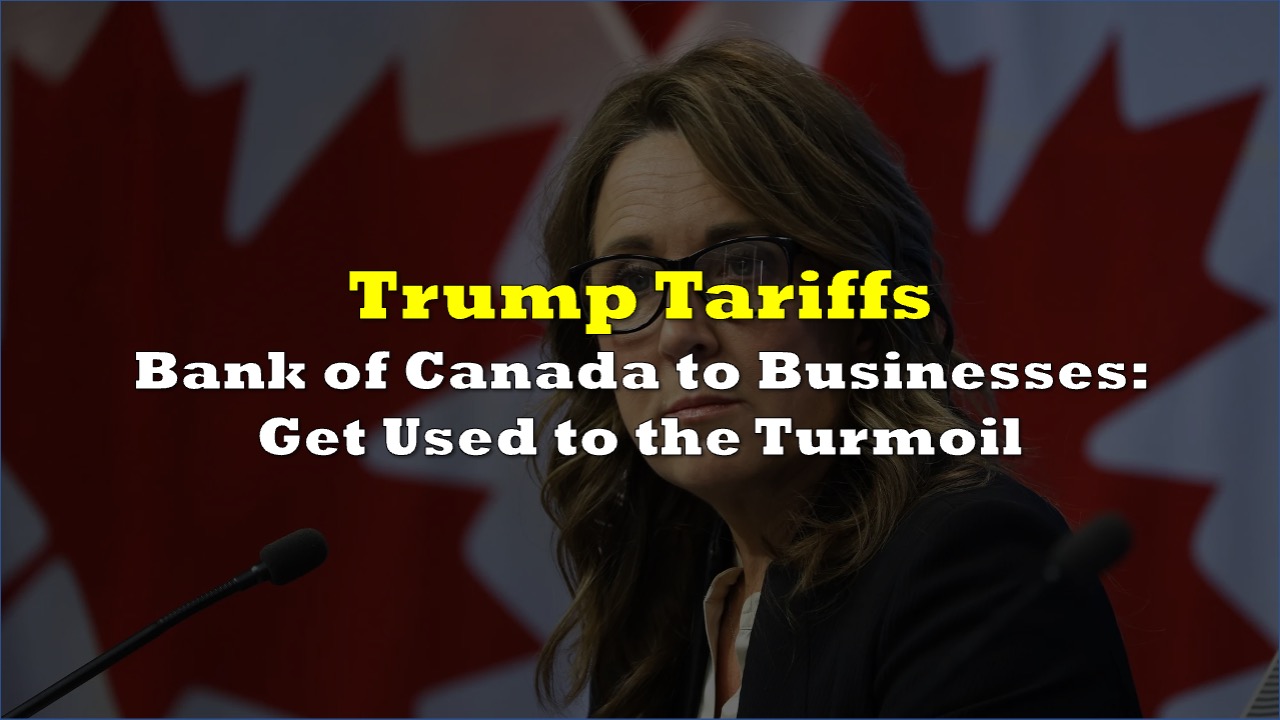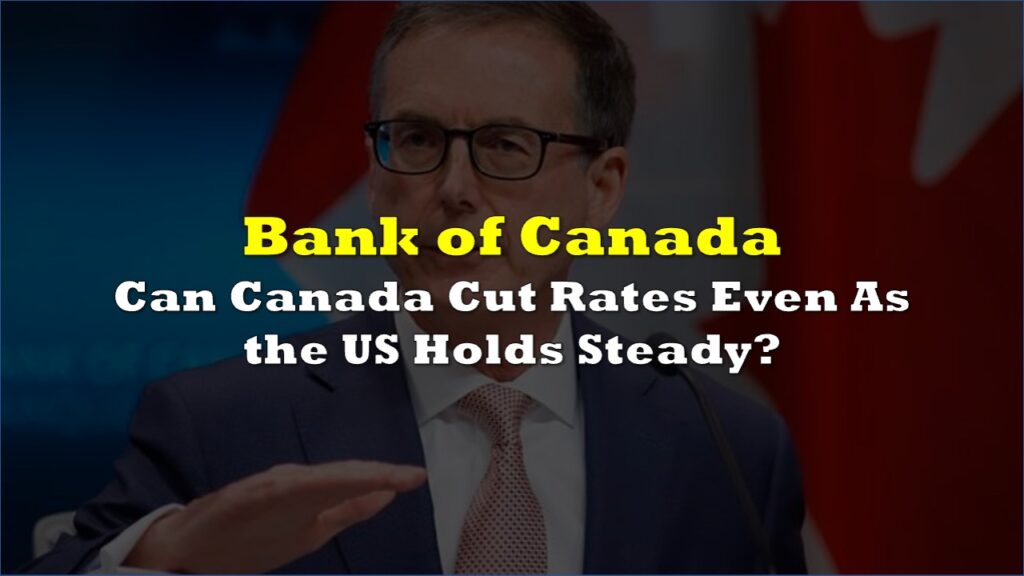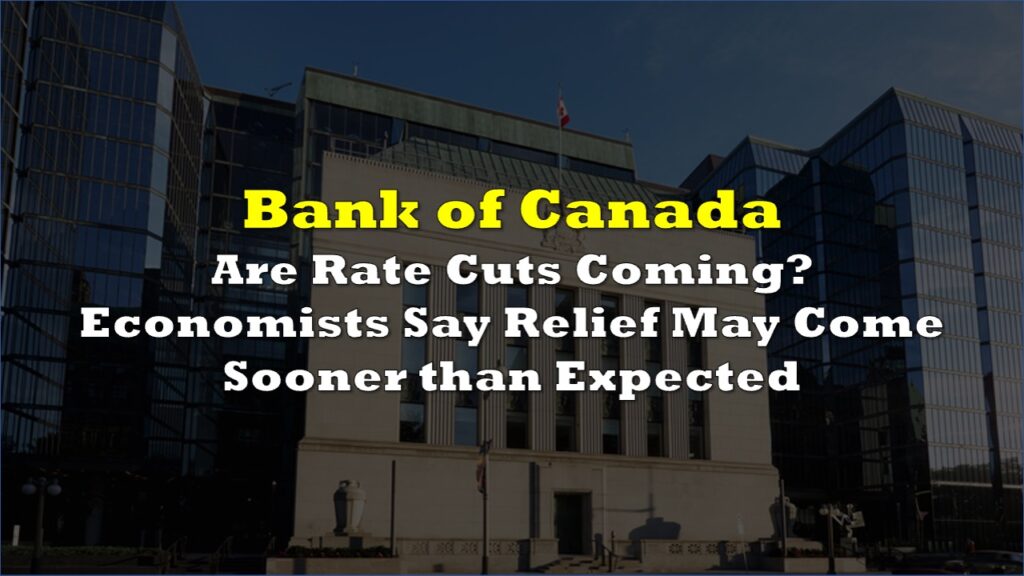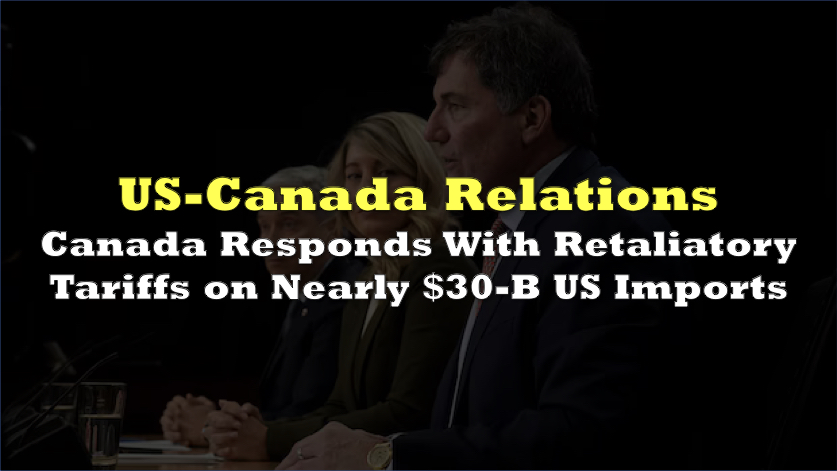Economic uncertainty has become the new normal, and Canadian businesses need to accept that reality and start investing again, a senior Bank of Canada official said this week in an unusually direct message to the country’s corporate sector.
Carolyn Rogers, the Bank of Canada’s second-highest-ranking official, told a Toronto business audience that waiting for stability is no longer a viable strategy. Companies must figure out how to operate and invest despite ongoing turmoil from trade disputes, policy shifts, and economic volatility.
“Don’t hold your breath and hide under a table,” Rogers said, urging businesses to move forward even when conditions feel uncertain.
The stark warning comes as Canada’s economy struggles under the weight of trade tensions with the United States. The country’s economic output contracted in the second quarter of this year, primarily due to President Donald Trump’s tariffs on Canadian steel, aluminum, cars, and lumber.
Exports have dropped sharply, and unemployment has climbed to its highest level in nine years, not counting the COVID-19 pandemic period. Business investment in machinery, equipment, and technology fell to a historic low in the second quarter — a sign that companies have been paralyzed by uncertainty.
But Rogers argued that Canada’s economic problems go deeper than Trump’s trade policies. She pointed to long-standing weaknesses in productivity and a pattern of over-reliance on selling commodities to the United States. Canadian companies have become complacent about these structural issues, she suggested, particularly a lack of innovation and excessive dependence on the US market.
Tariff-free trade with the US isn’t coming back anytime soon, Rogers warned, meaning businesses can’t simply wait for a return to the old normal.
Rogers illustrated what she sees as a broader confidence problem in Canadian business culture by sharing a story about a software entrepreneur. When the entrepreneur tried to sell an educational platform in Canada, the first question was always: “Has anybody in the US bought it yet?”
Rogers called this a backwards question, highlighting how Canadian businesses often seek American validation before trusting their own judgment.
Recent diplomatic efforts show both governments trying to manage the trade relationship. Carney visited Washington for talks with Trump this week, where officials discussed potential agreements on metals and energy sectors.
On the domestic front, Ottawa plans to unveil initiatives next month designed to stimulate corporate spending on equipment and facilities. The November 4 budget is expected to prioritize projects that strengthen Canada’s infrastructure and energy capacity, reducing vulnerability to cross-border trade disruptions.
The Bank of Canada cut its key interest rate last month to support the economy through the trade turmoil. But Rogers’ message makes clear that monetary policy alone won’t fix Canada’s challenges. Lower borrowing costs can help, but they’re meaningless if businesses refuse to invest because they’re waiting for uncertainty to disappear.
Information for this story was found via The Wall Street Journal, and the sources and companies mentioned. The author has no securities or affiliations related to the organizations discussed. Not a recommendation to buy or sell. Always do additional research and consult a professional before purchasing a security. The author holds no licenses.









